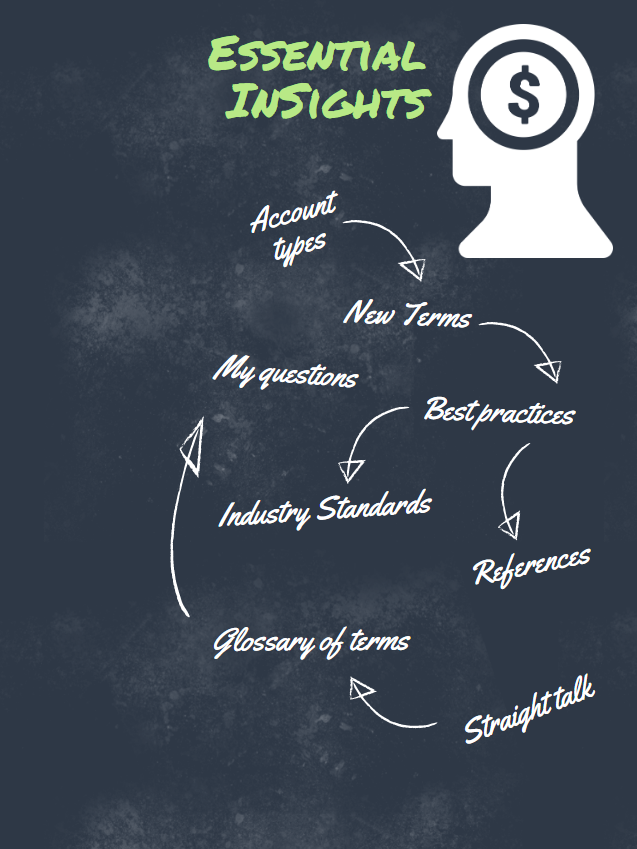Mental accounting occurs when a person views various sources of money as being different from others. This looks different for different people, but a few examples are money earned at a job may be viewed differently than money from an inheritance, or money as income from stocks different from income at work. This affects the way the money is saved, spent, or invested. The partitioning of money as different from other money allows us to create new rules for it. Money “won” is more easily spent, then money “earned.” This is the root of the bias, that the source of money changes its inherent value.
Mental accounting shows up all too frequently in investor portfolios. People construct emotional connections to cash flow, or stocks in ways beyond their inherent value. Clients have held onto a position because it was staked by family members and this was a gift to them they wanted to remember. Thereby creating the falsehood that some money is more emotionally important than others. Another common mistake is when people have employee stock purchase plans to buy company stock. As owners they feel more loyal to the company even if it’s a bad investment.
By creating the ‘new rules’ for a set of money, we allow ourselves the space to improperly discount an expected return. Clients have often said, “I’m willing to take on more risk with my inherited money than I am with my 401(k).” This belief that money is distinct and separate is irrational and allows not only for an improper calculus of the risk, but also creates the space for more severe biases to enshrine themselves in the investment methodology.

